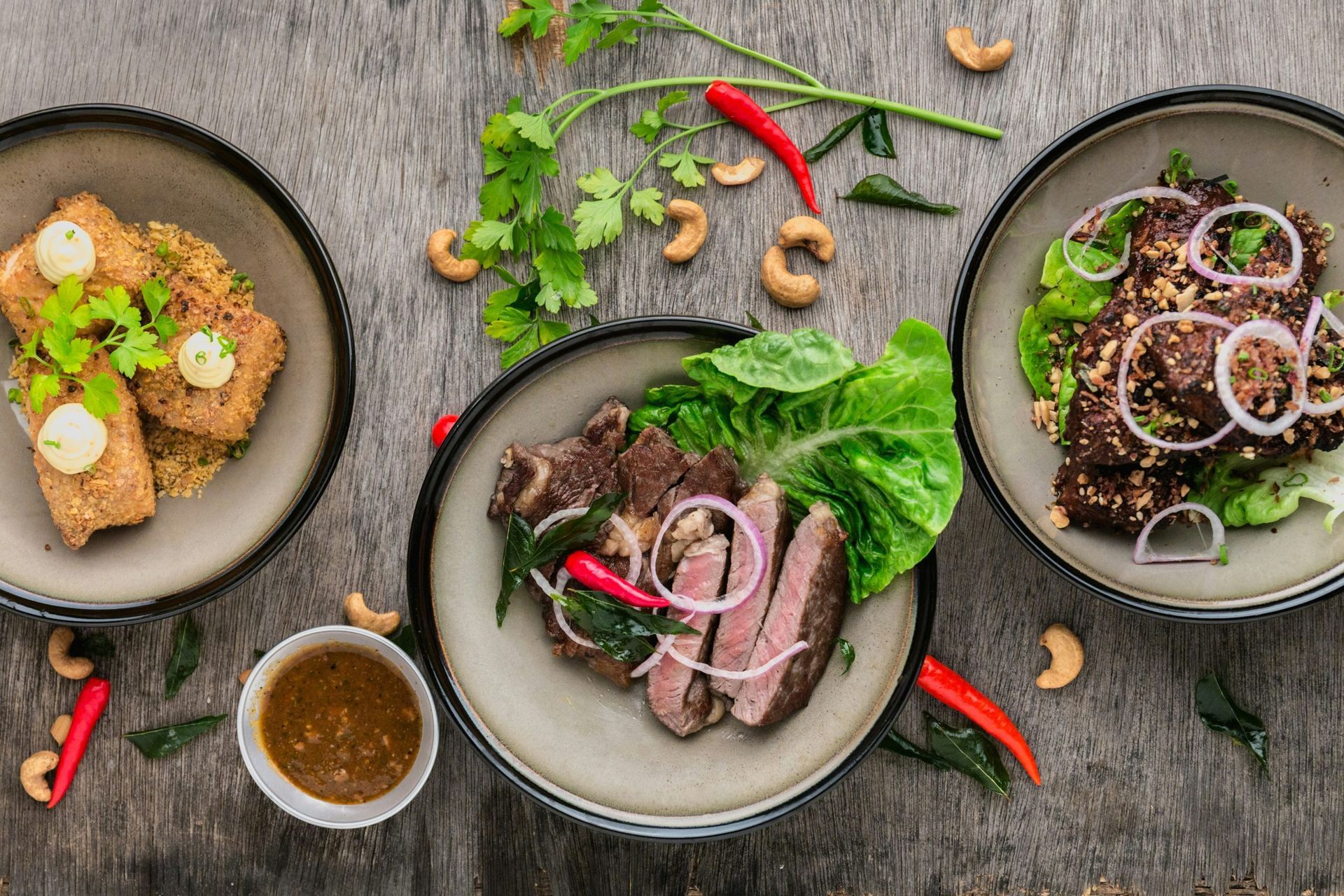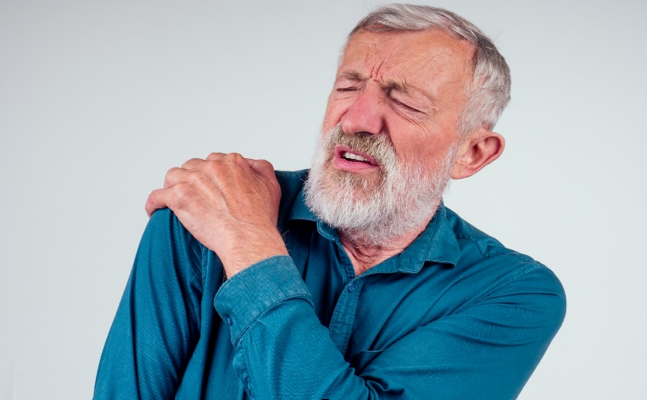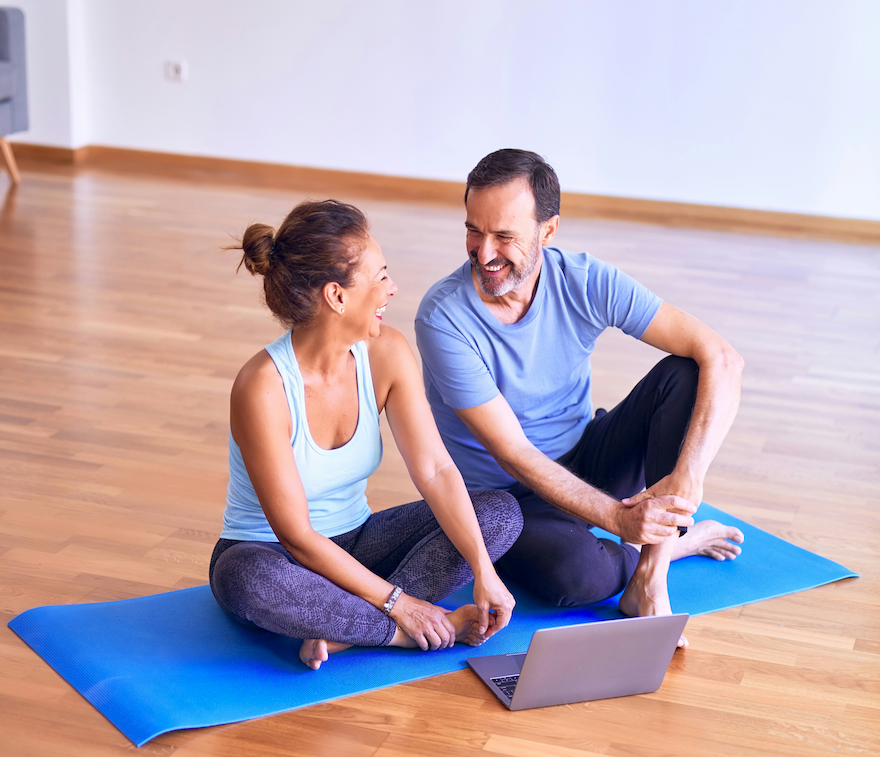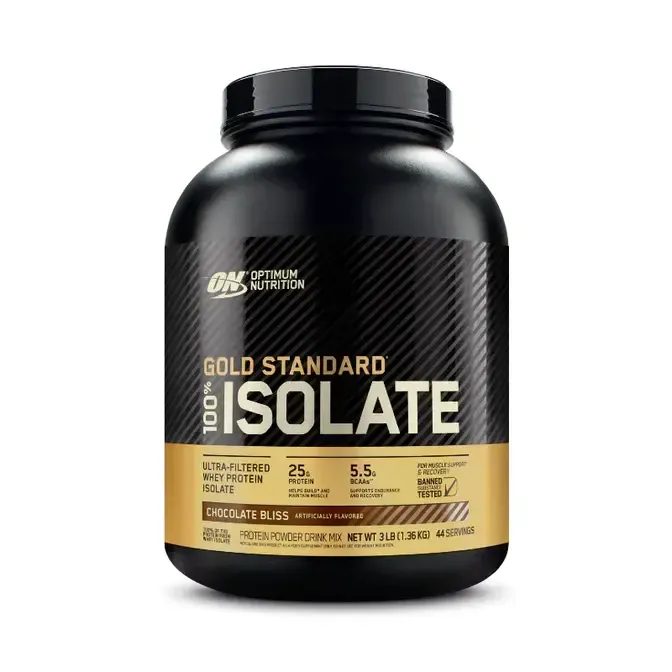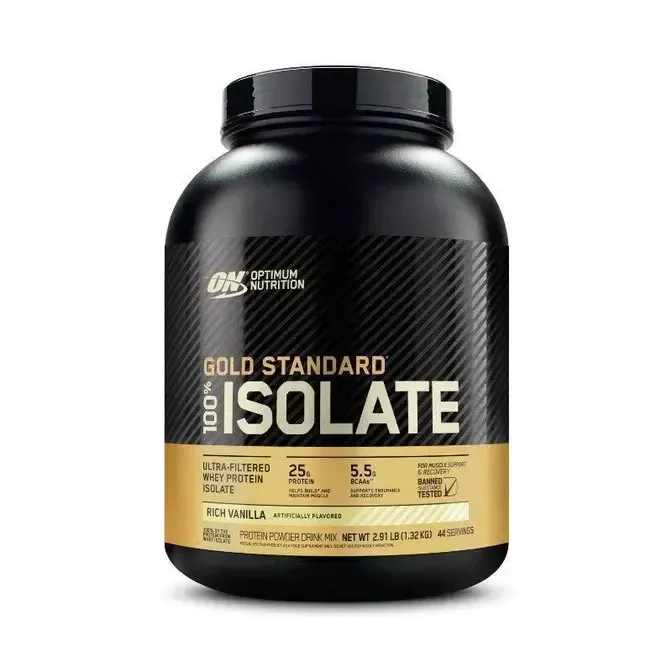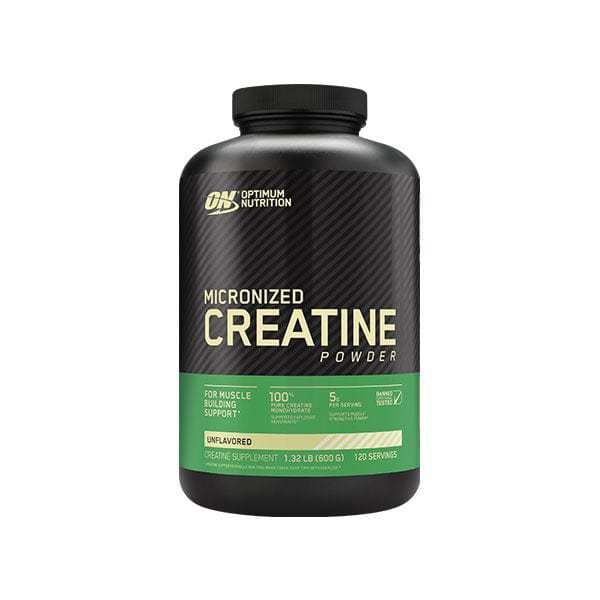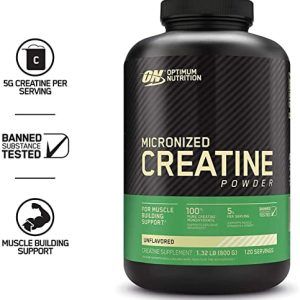What happens in your body after your workout is just as important as what happens during . In fact, it’s almost more important because you can’t stop what’s happening in your body during your workout, but you can control what’s happening after.
Unlike a car engine that stops using petrol after your drive is over, your body continues to use body fuels after your exercise session has completed.
Your body keeps moving, repairing, and replenishing immediately after you’re done exercising.
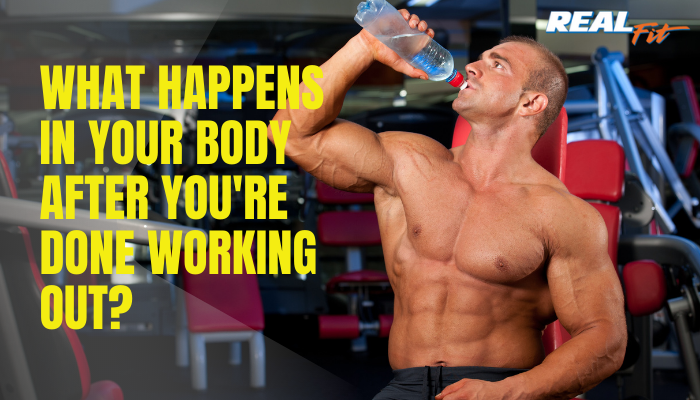
Also, the damage you caused to your muscles during your workout continues to be damaging for several hours afterward. That’s why your muscle soreness is not felt until the next day or the day after that because it takes time to set in.
If you fail to take in the right combination of nutrients right after your workout, your body doesn’t have the tools necessary to stop this muscle damage and begin refueling your body’s energy stores.
But many people take this window of opportunity for granted and miss out on one of the most important times to refuel, repair, and regenerate your body.
Eating correctly after your workout also helps with fat loss.
Two Important Nutrition Principles of Post-Workout Recovery
There are two major nutrition principles that influence how you recover and repair after a hard workout:
- The timing of what you eat
- The composition of what you eat
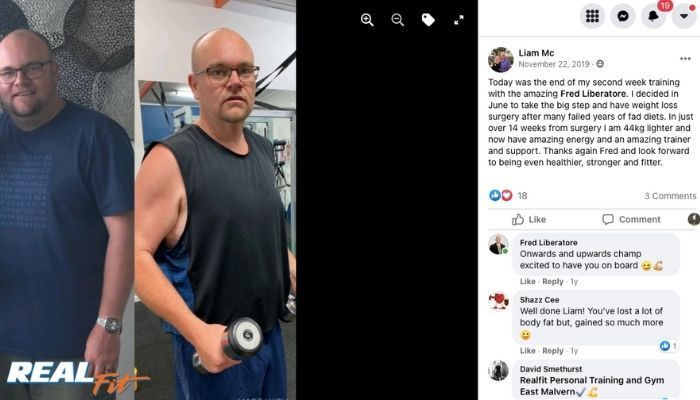
Timing: After your workout, there is only a short period of time that you can properly activate your body’s repair and rebuilding processes.
If you don’t eat the right foods at the right times after you exercise, your muscles will be in a constant state of breakdown and your fuel stores will not be adequately replenished.
This will leave you too sore and too tired to exercise again anytime soon (like tomorrow or even the next day).
This “window of opportunity” has been shown by some of top sports nutrition researchers in the world to occur between 15 minutes and 45 minutes following your exercise session.
This is because your muscles are most receptive to nutrients at this time. They’ll take up nutrients as quickly as a child will eat chocolate! And that’s fast!
Instead of sending nutrients to fat cells for storage, your muscles will quickly use these nutrients to repair, rebuild and make you feel energetic again.
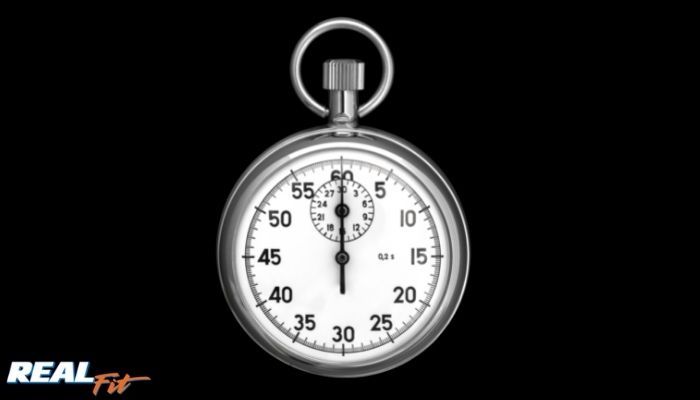
However, after 60 minutes, your body’s ability to replenish the glycogen you used and muscle protein you damaged is greatly lost.
And by lost, we mean it’s gone and it’s going to take you at least twice as long to recover after your workout then it would if you took in the right nutrients at the right time.
Another important aspect of nutrient timing is stopping your blood glucose levels from dropping .
If your blood sugar drops because you waited too long to eat (more than 45- 60 minutes) after exercise, you’re going to be cranky, shaky and incredibly hungry.
So hungry in fact that you might not want to stop eating when you get started!
And if you can’t control what you’re eating, or eat more than you need, you’re not going to win the fat loss battle. Sure, you may gain muscle, but it’ll be covered by a thick layer of fat.
Composition: By “composition” we’re referring to both the type of food you should eat after you exercise and the amount .
As you know now from reading the first section of this report (even if you just read the summary), your body mostly uses carbohydrate during your workout for energy.
So, one of the most important fuels for you to replace is carbohydrate.
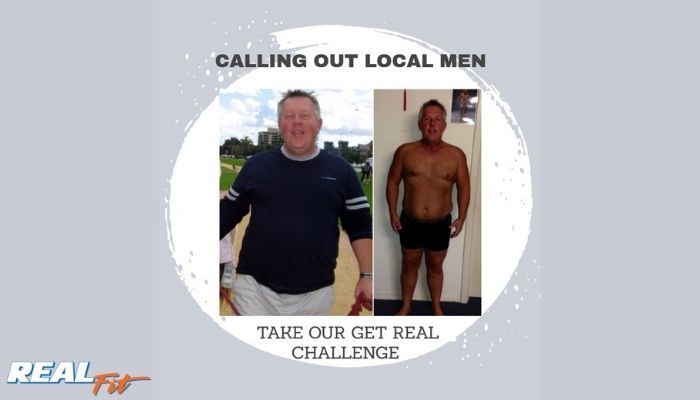
Rod understood the Realfit system works click here to take the challenge
But it can’t be just any carbohydrate. It must be a carbohydrate that can be absorbed by the body fairly quickly, and in turn, initiate a release of insulin from your pancreas.
When quick-digesting carbs are eaten, and a lot of insulin is released within 15 to 30 minutes after exercise, your body can store twice as much glycogen as it could if you ate an hour or more later.
It also can stop muscle protein breakdown dead in its tracks and start the process of muscle protein repair.
If you wait too long to take in nutrients after exercise, you’ll actually lose muscle protein in addition to other proteins in your body, like metabolic enzymes. And, that’s not what we want.
Not at all.
SIDE BAR: INSULIN – The Master Recovery Hormone
When people hear the word insulin, they often think of diabetes and fat storage, and those are two things none of us want.
Even though insulin may be associated with those things, it’s also the main hormone responsible for helping you recover properly after exercise.
That’s right – without insulin after exercise, your body won’t refresh your muscle glycogen stores, and it won’t help repair any damaged muscle protein.
Insulin helps transport food that you eat after exercise directly to your muscle cells so it can be used for repair, but it also stops your body from breaking down protein for energy, so your muscles don’t become so sore and damaged.
Other important actions of insulin include increasing blood transport to and from your muscle cells so the “waste products” of exercise, like carbon dioxide, can be removed. It also helps reduce elevated cortisol levels that are formed during intense exercise, which helps reduce stress on your body.
But, the only way to increase insulin after exercise is to eat the right foods. If you eat the wrong nutrients, your recovery efforts will be useless.
Why You Need Protein with Carbs
After a workout, your body doesn’t technically NEED protein to replenish protein you may have used to make ATP energy during your workout.
But, it does need protein for two major reasons:
To maximally refuel your muscle carbohydrate stores (glycogen)
To repair your muscle proteins that were damaged during your workout and continue to be damaged afterwards
In our quest to determine optimal replenishment of body carbohydrate stores, scientists have conducted several different types of experiments.
They’ve researched athletes and exercises from all different types of sports and exercise routines and given them different amounts of carbohydrates, from different sources, alone or combined with proteins and fats.
What they’ve shown is that the greatest amount of glycogen replenishment occurs following a workout when quick-digesting carbohydrates are taken with protein.
This is because protein helps your body to replace muscle glycogen through an enhanced insulin response.
During your workout, insulin stops carb and fat use for fuel, and that’s not good.
But, now, after your workout, insulin helps you refill your carb energy stores and also starts the process of protein repair.
Although carbs stimulate an insulin response fairly well, when protein is taken at the same time, the increase in blood insulin is greater than if carbs or protein were taken alone.
This results in faster glycogen resynthesis and muscle protein repair.
And faster glycogen replenishment is really important for people that exercise often – whether that be people who go to a spin bike class in the early morning followed by a weight lifting workout at night, or those that are training for a triathlon and have multiple exercise sessions in a day or week.
If you’re someone who only exercises once or twice a week, maybe this doesn’t matter to you, but then again why not optimize your post-exercise recovery process as much as you can? It’ll make you feel and function better in anything else you do.
Protein with carbs enhances insulin secretion and also stops the protein breakdown process that occurs with exercise while it initiates repair. This will result in less muscle damage and soreness so you can function normally sooner than later.
(And, we all know what it’s like to be so sore you can’t even get off your chair, right? Protein will help you minimize muscle pain.)
Protein After Exercise for Immunity
Protein, especially complete protein foods like dairy or meat, also supply an important amino acid that helps keep your immune system strong.
After exercise, particularly intense and frequent exercise, your immunity can be weakened making you more susceptible to viruses and bacteria.
Some people may have experienced this after they’ve started a new, difficult workout program – within just a few weeks they get sick and feel achy and tired. This is especially true if they don’t eat well because they don’t know how or don’t want to.
But, if these people knew how effective complete protein foods were for battling these potential colds and sniffles, they’d never miss a workout due to getting sick.
The important amino acid that helps protect your immunity after your workout is glutamine.
Glutamine is an amino acid that keeps your immunity strong because it’s one of your immune system’s favourite fuel sources.
In fact, researchers have shown that taking in a complete protein and carbohydrate drink (naturally containing glutamine) within 30 minutes after intense physical activity can reduce the duration and amount of colds or infections that a person can get by 28%.
Another reason to consume quality food right after your workout, right?
We don’t know about you, but we sure hate getting sick. So, if protein with carbohydrates helps after our workouts, we’re taking them!
Why You Don’t Need Much Fat After a Workout
Now, don’t get us wrong – we’re not fat-phobics.
In fact, we love fat (from food that is…)!
Foods like avocados, nuts and seeds, olive oil, salmon, egg yolks and even dairy fat, are some of our favourites for keeping us full and providing us with heart-healthy, metabolism- boosting nutrients.
Eating fat helps our bodies use more fat as fuel because it increases the activity of fat- burning enzymes and increases the transport of fat in the blood to the muscle.
Fat also helps reduce the amount of insulin released after eating a meal, which is good for all other hours in the day, but not right after your workout.
After we exercise, we want a big release of insulin to help us refill muscle glycogen stores and stimulate muscle protein repair.
So, if you eat too much fat in your post-exercise meal, the benefits of insulin can be reduced.
A small amount of fat is ok – under about 10 grams – but more than that can slow the digestion of nutrients and in turn, slow the pancreatic stimulation of insulin.
Keep your fat intake lower for about two hours after your workout so you can optimize your insulin response to food, then add it back in after this recovery process has been initiated effectively.
Don’t Forget to Drink Fluids!
Everyone loses some body water when they exercise, and some people lose a lot more than others.
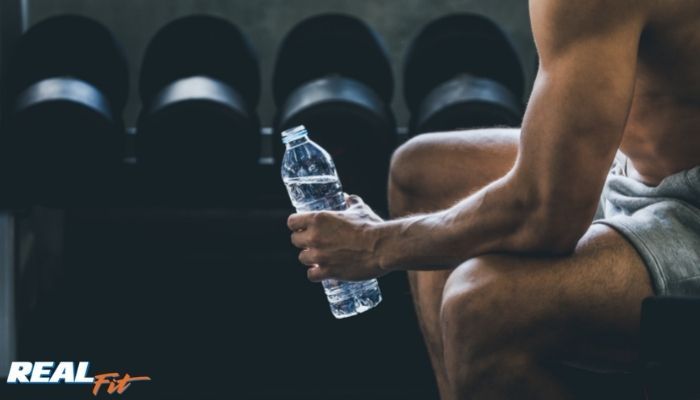
The bottom line is that no matter who you are, you need to drink a water-based fluid after your workout and throughout the day to keep your body water balance level.
If your body water level is lowered, you may have water cravings that are confused with being hungry.
Slight dehydration also can make you tired, irritable and unable to focus.
Not all these fluids have to be water per se, but can be things that contain water, such as tea, coffee, or even smoothies (made with water).
And no, coffee does NOT dehydrate you. It may make you pee more, but it does not make you dehydrated. This has been proven scientifically.
Milk, low-sodium soup, and sparking water can also count towards maintaining your body water balance, so you can drink those if plain water is not your thing.
The bottom line is that following your workout with water in some form or another and continuing to drink water throughout your day will really help you regain your energy after your workout but keep you energetic all day long.
Summary:
To properly recover after your exercise session, you must eat the right foods at the right times and drink plenty of healthy fluids.
- Carbohydrates and proteins are the main nutrients your body needs to refill muscle glycogen stores, repair damaged muscle protein, and keep your blood sugar levels from dropping.
- You need to eat foods with quick-digesting carbs and complete protein within 15 – 45 minutes after your workout.
- Complete protein with glutamine will also protect your immune system and prevent colds.
- Healthy fat foods are good most other times of the day, but not right after you exercise.
LATEST POSTS
